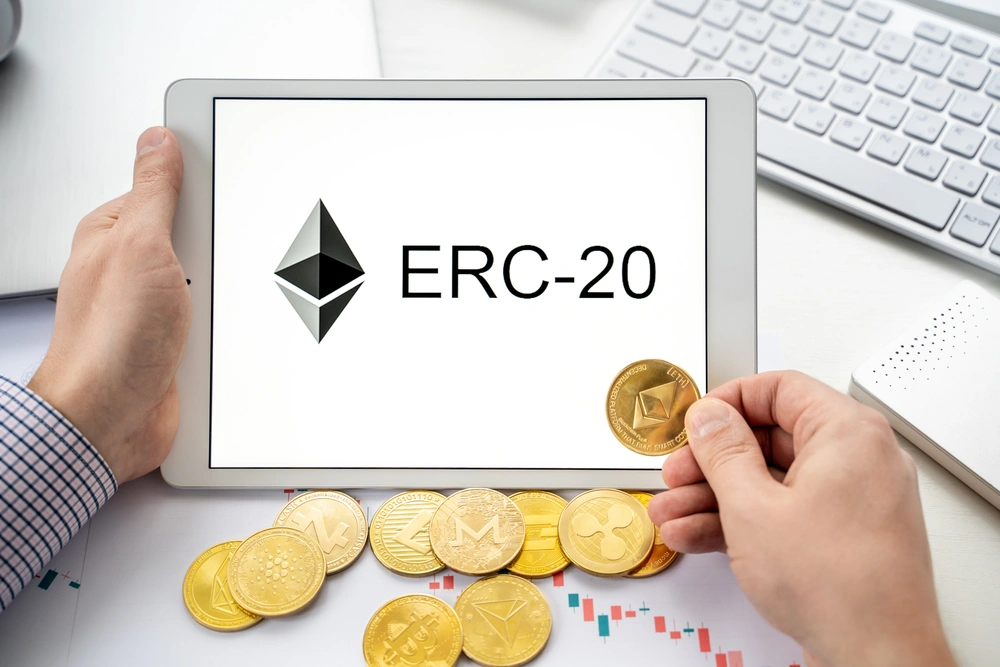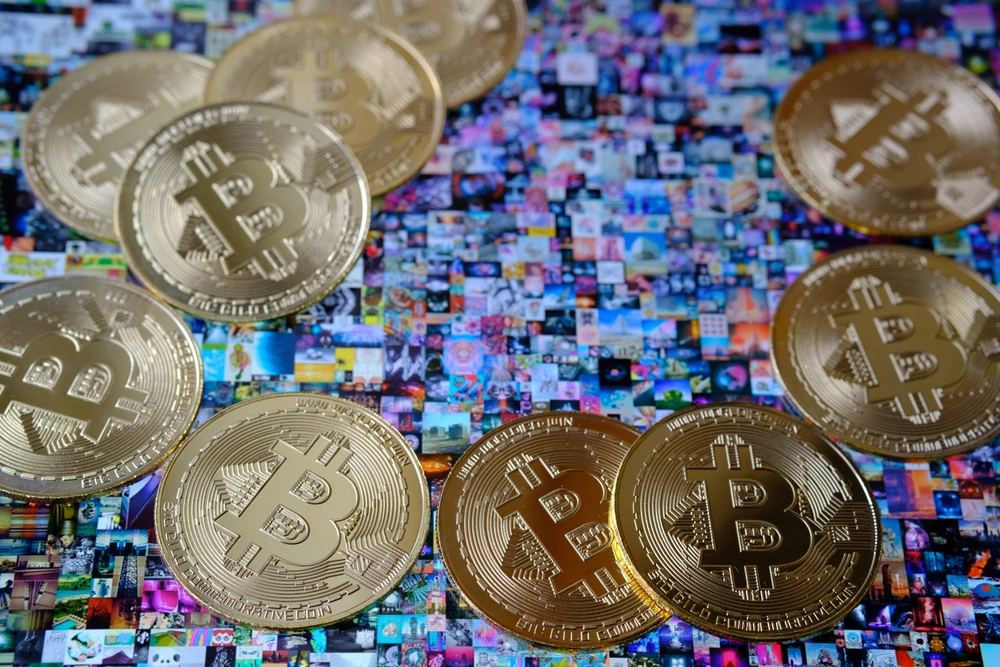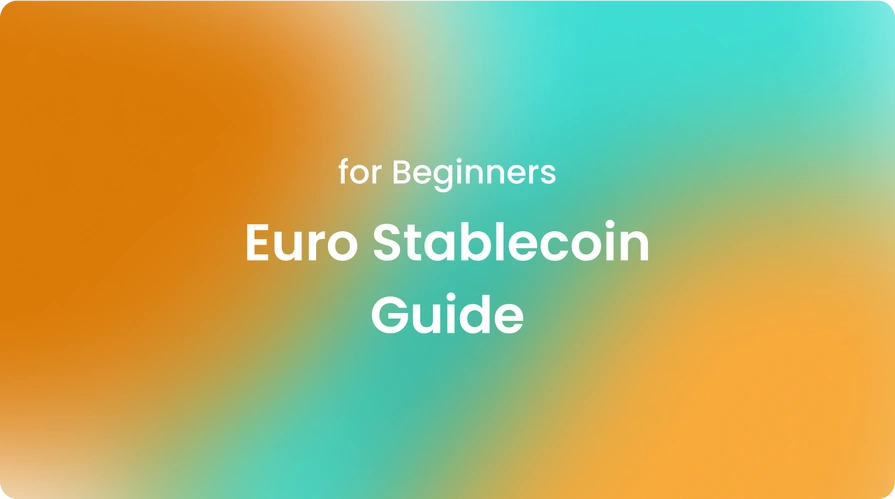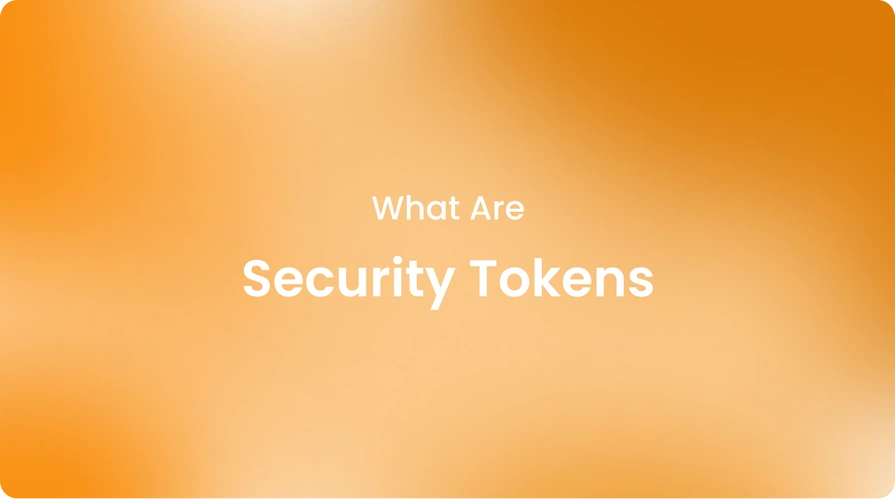|knowledgehub, crypto
Starter Guide: What Is ERC20?
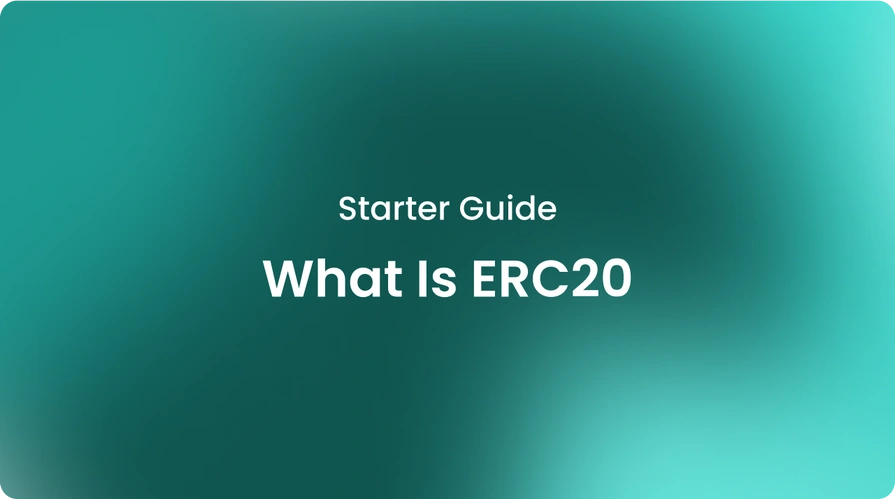
The ERC20 standard has become one of the most widely used types of tokens on the Ethereum blockchain since its introduction in 2015.
In this article, we will explore what ERC20 is, how tokens are created following this standard, common functions that ERC20-compliant tokens must implement, differences between ERC20 tokens and coins, and more.
Furthermore, we will cover the advantages of using the ERC20 standard, the top ERC20 cryptocurrencies, and how to purchase the ERC20 coin EURK using Cryptobunq services. Let’s start by exploring how ERC-20 tokens are created!
How are ERC-20 tokens created?
ERC-20 tokens are created through smart contracts deployed on the Ethereum blockchain. Developers first need to submit an Ethereum Improvement Proposal (EIP) outlining the new functionality and standards of the proposed token.
If the Ethereum community approves it, the EIP then becomes an ERC requirement that all compliant tokens must adhere to. To launch a new ERC20 token, developers write a smart contract following the ERC-20 technical specifications.
This involves defining the total supply of tokens, functions for transferring tokens between addresses, and events that are emitted during transactions like transfers.
The smart contract is then deployed on the Ethereum network through an initial coin offering (ICO) or airdrop, where the new tokens are distributed to contributors or existing cryptocurrency holders.
From then on, the smart contract independently manages all transactions on the blockchain, like new transfers, without any centralized authority.
What is the function of ERC20?
ERC20 tokens serve a variety of purposes thanks to their programmable nature. The common functions they provide include:
Payment tokens: They are used as a medium of cryptocurrency exchange for services or goods, much like traditional cryptocurrencies.
Utility tokens: Grant access to specific applications and services on a blockchain network.
Security tokens: They represent ownership in real-world asset tokenization, like shares of a company.
Stablecoins: They are pegged to a stable asset like fiat currencies to avoid volatility for crypto payments and remittances.
Rewards/governance tokens: They are used for distributing rewards or voting power within a decentralized community.
The fungibility and standardization of ERC20 tokens make them hugely versatile. Developers have near endless possibilities for how to design tokenized economies within their blockchain applications.
What is the difference between an ERC20 token and a coin?
While both are digital assets on a blockchain, ERC20 tokens and coins differ in some important ways:
- Coins like Bitcoin operate on their own independent blockchains, while ERC20 tokens rely on the Ethereum network and its underlying coin, Ether.
- Due to running on Ethereum, ERC20 tokens incur gas fees in Ether for transactions, whereas coins have their own native fees.
- Coins have fixed supply schedules pre-defined at launch, but ERC20 contracts allow developers flexibility with concepts like inflation, deflation, and buybacks.
- Coins behave as independent digital currencies, but ERC20 tokens are usually designed with specific use cases and utilities for their host applications.
- ERC20 token specifications are standardized, but each coin has its own technical properties defined by its unique blockchain.
- ERC20 tokens can be thought of as programmable assets on Ethereum, providing tailored functionalities, while coins are independent currencies on their own dedicated networks.
Why is ERC20 better?
There are several benefits that make the ERC20 standard a popular choice for new cryptocurrency projects:
Interoperability: ERC20 tokens can be easily integrated into any application, wallet, or exchange that supports the standard due to their well-defined interfaces.
Lower barriers to entry: Developing an ERC20 token is simpler and faster compared to building an entirely new blockchain from scratch.
Large community: Ethereum has a huge community of developers, tooling, services, and infrastructure that ERC20 projects can leverage.
Stability: Issues are less likely as tokens rely on the robust and battle-tested Ethereum network instead of independent blockchains.
Liquidity: Popular tokens have many crypto trading pairs and pool depths since they can draw from the massive Ethereum ecosystem.
Accessibility: Thanks to standardization, the user experience of storing, sending, and receiving tokens remains consistent across the industry.
For these reasons, the ERC20 standard has empowered countless startup projects to issue tokens and raise funds through simple smart contracts on the largest blockchain network.
Is ERC20 a wallet?
ERC20 itself is not a wallet; it is a technical standard that crypto projects can implement to make their tokens function similarly. ERC20 defines how tokens are created, tracked, and transferred on Ethereum but does not prescribe anything about storage.
Crypto wallets are apps or services that individuals use to store, send, and receive digital assets. There are many types of crypto wallets, such as non-custodial, that support holding ERC20 tokens, like MetaMask.
Additionally, there are regulated custodial services like Cryptobunq that offer ERC20 wallet services as well as other crypto services within a digital bank setting. CBQ is a one-stop-shop crypto service provider that you can trust for many crypto needs, including custody and wallet services.
Since ERC20 simply standardizes how tokens work programmatically, individuals still need software (whether an app or customized system integration) to benefit from and interact with their tokens. Wallets provide this connectivity while securing individuals' private keys.
How many cryptocurrencies are in the ERC-20?
By some estimates, there are over 13,000 unique ERC20 tokens in existence today, demonstrating the strong adoption of the standard over the years. Some key figures in the ERC20 landscape include:
- According to Etherscan, there are currently around 4.200 ERC20 contract addresses on the Ethereum mainnet. The number grows over time with new projects.
- CoinMarketCap tracks over 600 ERC20 tokens as assets in their database, indicating they meet popularity and trading volume criteria.
- Ethereum network stats site BitInfoCharts lists just under 13,500 unique ERC20 contracts identified through their API dashboard.
- Major centralized exchanges like Binance and Coinbase support over 1000 ERC20 currencies between them.
- Despite the fact that not all ERC20 projects are still active, the ERC20 technical standard and its low barriers have allowed for the issuance of thousands of different tokens on Ethereum.
What are the most popular ERC20 tokens?
ERC20 tokens can be highly liquid and acquire sizable market capitalizations and trade volumes when communities adopt them due to their standardized nature. Here are some of the largest ERC20 currencies by capitalization:
- EURK: A euro stablecoin pegged to the euro with a high market cap, transparency, stability, liquidity, and security.
- Chainlink (LINK): a cryptocurrency that powers the blockchain's smart contract interoperability oracle networks.
- Wrapped Bitcoin (WBTC): Allows tokenized ownership of Bitcoin on Ethereum for DeFi and decentralized applications.
- Uniswap (UNI): Governance of the large Uniswap decentralized exchange protocol
- 0x (ZRX): Used for ZRX staking and decentralized exchange protocol governance.
- The Graph (GRT): Powers the Graph protocol for indexing decentralized data.
- Compound (COMP): A governance token of the open money market Compound Finance Platform.
As can be seen from the most popular ERC20 tokens, some of the most adopted tokens serve important functions like stable payments, blockchain oracles, and governance of key protocols in the decentralized finance industry built on Ethereum.
How do you buy the ERC20 coin EURK with Cryptobunq?
Let's dive into how to buy EURK, the ERC20 token, through the services of Cryptobunq. Cryptobunq is a crypto-aware digital bank offering services in crypto and blockchain that securely issues and audits EURK stablecoin.
- The first step is to sign up for a Cryptobunq account. You'll need to submit identity verification, like your name, address, and photo ID. Once approved, you can link a payment method, like a bank account.
- Next, deposit funds into your Cryptobunq wallet. You can wire transfer money from your bank or convert other cryptocurrencies you hold. Make sure the deposit clears before proceeding.
- Now you need to acquire the ERC20 token, EURK. The easiest way to use Cryptobunq is to use our partner marketplace directly within the app. Locate EURK, input the amount to purchase, and review fees before confirming the order.
- Within minutes, EURK tokens should appear safely in your wallet, ready to hold, send to others, or exchange again in the future. You can also integrate Cryptobunq programmatically to invest in tokenization directly from smart contracts for larger orders.
Being able to seamlessly purchase ERC20 tokens through a regulated custodian like Cryptobunq makes crypto accessible while maintaining security and compliance. Our platform offers improved liquidity and transaction support for the growing Ethereum ecosystem.
With standardized formats like ERC20, integrating cryptocurrencies becomes simpler. Expert crypto service providers like Cryptobunq help bridge real-world finance with tokenized assets and allow newcomers easy means to participate in tomorrow's digital economies.
The future of finance is being built today using protocols like ERC20. If you do not want to miss the current innovations in blockchain technology and adapt to the future with blockchain-powered crypto services through CBQ, contact us!
